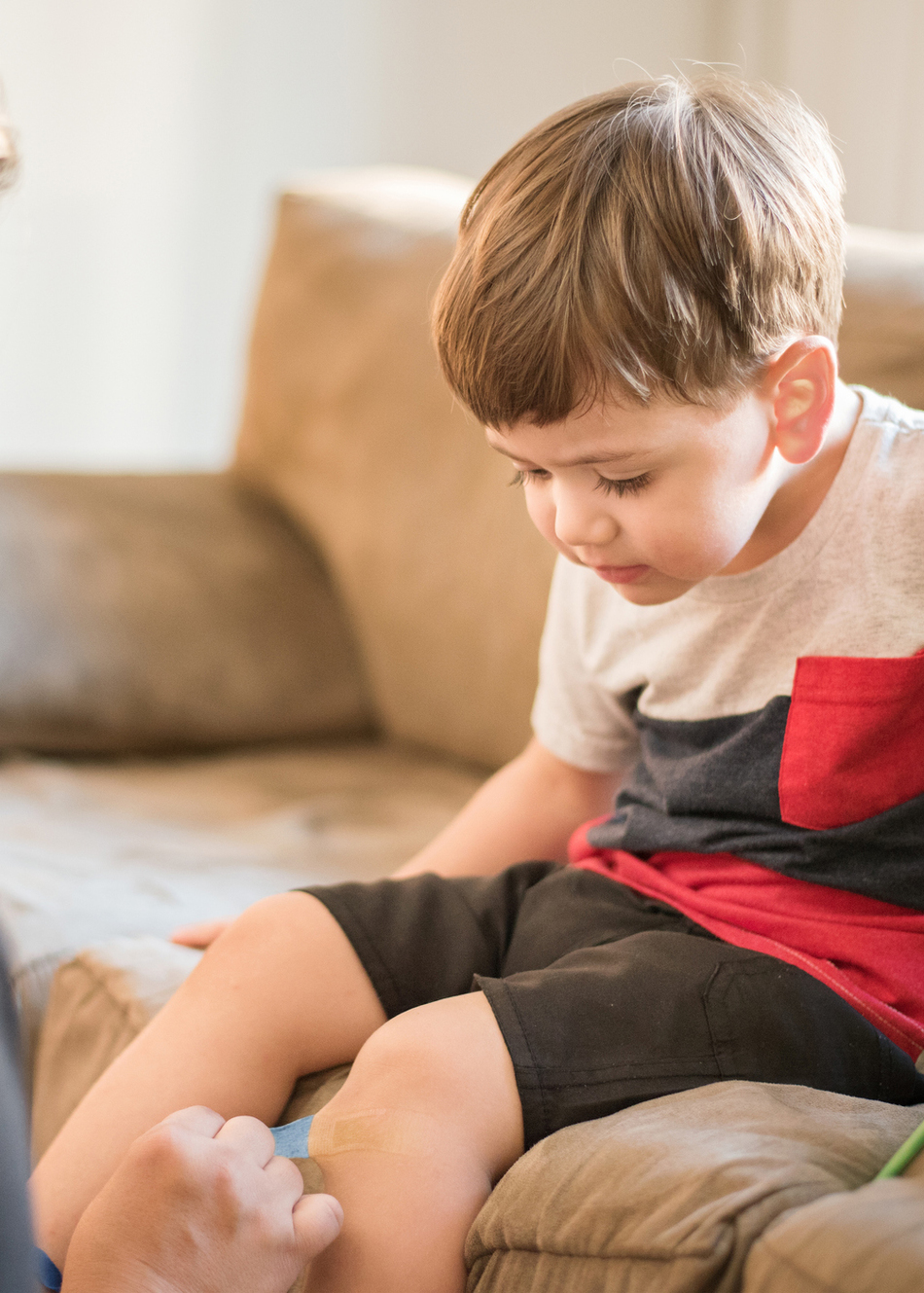
Episode Transcript
Interviewer: So what exactly are growing pains, and are they normal? I'm here with Dr. Julia Rawlings, a non-operative sports medicine physician at University of Utah Health. And I just want to start out by asking what exactly are growing pains? Is it the legs actually growing? Or what causes these pains in kids?
Dr. Rawlings: Yeah, so the name growing pains is a little bit misleading. Children are growing, but that is not causing pain. There's no evidence that growth itself causes pain. What we think is actually happening is that when a child is just very active during the day, the muscles get a little tired and achy. And we'll see that kids get this achy, throbbing muscle pain that usually happens later in the afternoon or evening, or it can even wake the child up at night.
Interviewer: Geez. So it doesn't have anything to do with bones getting longer, muscles getting stretched. It's just them being active kids?
Dr. Rawlings: That's what we believe, yes.
Interviewer: When do kids usually start experiencing growing pains, if they do?
Dr. Rawlings: So there are two peaks that we typically see growing pains. It's usually the preschool age group, and then the preteen, so kind of 11, 12, maybe early teen, 13.
Interviewer: And it's normal, right? There's nothing . . .
Dr. Rawlings: Completely normal. It doesn't affect growth.
Interviewer: It's just a little uncomfortable?
Dr. Rawlings: Or quite uncomfortable. It can be pretty painful, yeah.
Interviewer: And let's say a kid is experiencing some severe pain in their legs, it's maybe keeping them up at night, etc. What are some ways that maybe you could treat it at home to give them a little bit of relief?
Dr. Rawlings: Yeah, so I think starting with just some massage, rubbing their legs is helpful. You can try a heating pad, or if they prefer it, you can even try ice. Sometimes just a dose of ibuprofen or Tylenol can be very helpful. And if they have this pain that comes up pretty frequently, you might even see if they'll be willing to stretch a little bit during the day and see if that helps at night.
Interviewer: Just running stretches, yoga stuff?
Dr. Rawlings: Yeah, yoga for kids, that's perfect.
Interviewer: Oh, fantastic.
Dr. Rawlings: Yeah, just some hamstring stretches probably is a good place to start.
Interviewer: Sure. And say a parent is listening right now. When can we expect these growing pains to stop?
Dr. Rawlings: Yeah, hopefully they'll stop after they leave those peak periods, so after they've left the preschool years or they enter their teen years. They can continue throughout the teenage years, but usually not through adulthood, into adulthood.
Interviewer: And until then, you've got stretches, ibuprofen, anything to help.